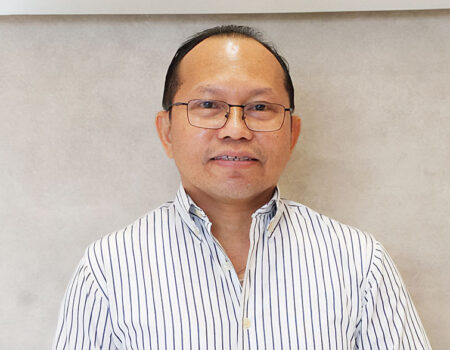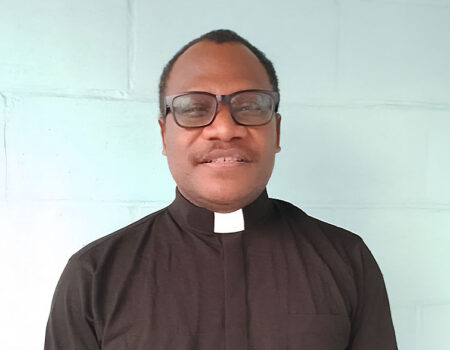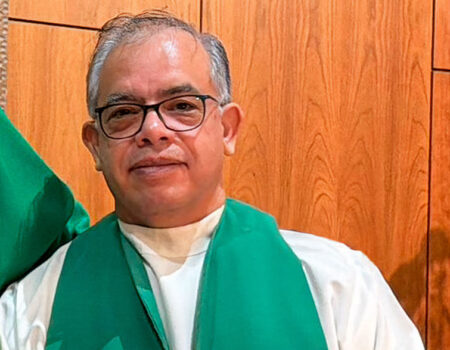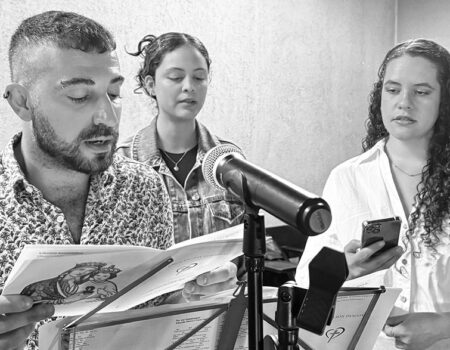Love and fidelity
Monday December 30, 2024
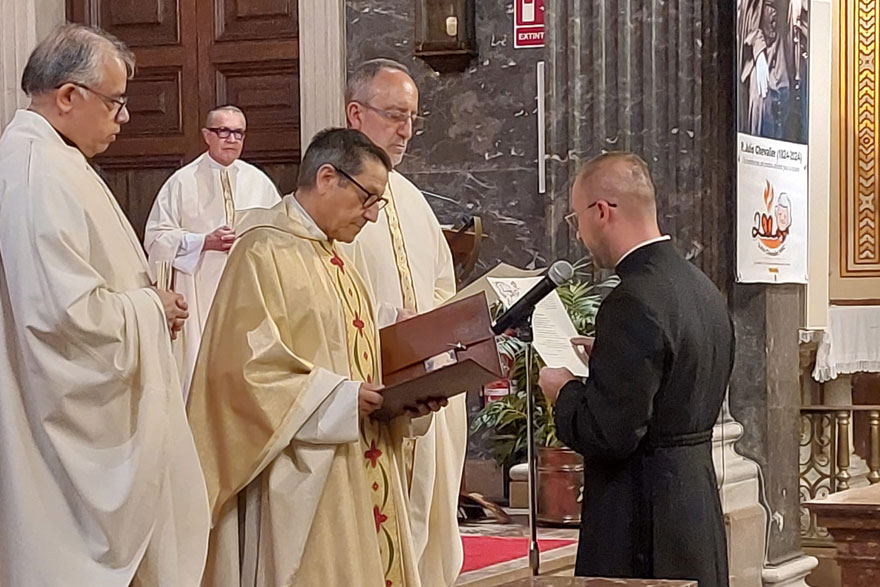
Consecrated life.
The term ‘fidelity’ comes from the Latin ‘fidelitate’ and means loyalty, firmness, constancy and perseverance in feelings and actions. Fidelity is likened to the property of a scale, which always assumes the same position when it is asked to do so by the same forces. The scales are always faithful unless someone uses tricks or deceit.
It’s no secret that today’s society is more interested in profit and novelty than fidelity to an established order. Stability was seen as a ‘sign of perfection’ in the past. It provided security. The repeated refrain was: ‘It’s always been this way, why change? – Innovations were viewed with suspicion and fear. The future offered no great surprises or dangers. Today, veneration of the past is in crisis, especially a past synonymous with authoritarianism and domination. There is a great and constant desire for novelty. Consider the technological revolution and the novelties that emerge every day. We live in a society where everything changes rapidly. In the words of Zygmunt Bauman, a post-modern society that is a ‘liquid society’, a serious question arises: why should commitments last?
Today, there are more distractions to ‘fill the human heart’ than ever. However, there is a lot of superficiality and little deepening of vital issues. What is fleeting is valued, and there is no longer time to internalise values and discernment. You’re always starting from scratch. We live under the domination of the temporary and the disposable. Novelty, however, is positive if it doesn’t become life’s absolute.
Consecrated life, despite the dark night, is not doomed to disappear. What has no future is mediocrity, self-indulgence, and a consecrated life lived artificially, far from today’s reality, pretending to return to a surpassed lifestyle. Both conservatism and modern activism can destabilise today’s consecrated life. A simple life, committed to the poor and rooted in biblical spirituality, always attracts new vocations. We know that the question of vocations is directly linked to the quality of our fidelity to consecration.
A life of prayer keeps fidelity afloat and makes people realise their weaknesses.
Consecrated life, including our Congregation, cannot look only at itself but must look at the whole Church and the society in which it is inserted. We cannot centre our gaze on our navel. In this sense, Pope Francis speaks to the Church in general about the danger of self-referentiality. It must never lose sight of its contemplative dimension or prophetic and missionary spirit.
The person of consecrated life needs to have well-defined convictions, endeavouring to live the vows professed with responsibility and coherence, constantly overcoming every form of consumerism, materialism, individualism, hedonism and authoritarianism. Personal gifts are respected, but without falling into an independent and autonomous life, a trend in today’s world.
Consecrated life evangelises without ceasing to be continually evangelised itself, without losing sight of deepening and creativity. The future of consecrated life lies in its fidelity to the Gospel and its mission to the poor of its time. Due to the type of culture and society in which we live today, all of us, especially young people, find it more challenging to make a decision that commits their whole lives. Many live in an internal situation of anxiety, uncertainty and fear about the future. They experience the effect and cause simultaneously, which is why the maturing process is slower. It’s true that young people, in today’s reality, have much more information about everything that happens in the world, but they still need to acquire maturity.

Vows as formulas and ideas express and concretise a faithful commitment to ‘Someone’. Fidelity is aimed first and foremost at the person and not the institution. However, the Institution is the support where the person will fulfil their commitments. The vows are not cold precepts but a way of living a better relationship with God and the community. To love means to commit oneself faithfully in favour of ‘Someone’. Love is the starting point of all human fidelity. The one who loves remains faithful. Faithfulness, in turn, is the proof and expression of love. God, as Sacred Scripture reminds us, is always faithful. It is he who gives us the grace and the possibility to be faithful. The Church lives out her fidelity to God in every consecrated person. Faithfulness transcends the individual because it involves other members of the community. It is in the Church that a person incarnates their fidelity to Christ in their surrender to God the Father.
The easy transition from one political party to another, from one marital relationship to another, from one religious practice to another… all this is seen as ‘normal’ in a culture that quickly burns out life experiences. Today, more than ever, we need to recover the concept of fidelity. It’s about saving love in its integrity. How poor and small is love that is not faithful! It is a love without history or roots. There is no faithful love without the test of time, without the seasons, without the ripening of fruit. Can there be love without history? Love is eternal because fidelity is eternal. The decision to love is not made once and for all. It needs to be continually renewed. Just like love, fidelity needs new sap every day. Faithfulness brings peace to our souls, reassures our conscience and strengthens our hearts. It brings joy. It’s important always to ask yourself: What are the affections, thoughts, omissions, and attitudes that make me go down the road of infidelity?
On the road to fidelity, it’s crucial that the person is open to reviewing their life and to conversion. Spiritual tradition speaks of a ‘second conversion’. A life of prayer keeps fidelity afloat and makes people realise their weaknesses. A great help to fidelity comes from the community, which is the place where consecrated life is realised. Being faithful is not a finished and realised value but a journey to be taken up again every day. We have to realise that the challenge of fidelity is the challenge of time. The path of fidelity does not progress in leaps and bounds but requires an asceticism that involves accepting one’s limits and weaknesses. You must bear in mind your age and education, as well as your capacity to love and give of yourself. A ‘yes’ pronounced the first time must be repeated every day and updated over time. Love that is faithful tends to blossom in eternity. It transcends time and space. For those who are faithful, even at death, love remains forever because it is eternal…
Benedito Angelo Cortez, MSC


